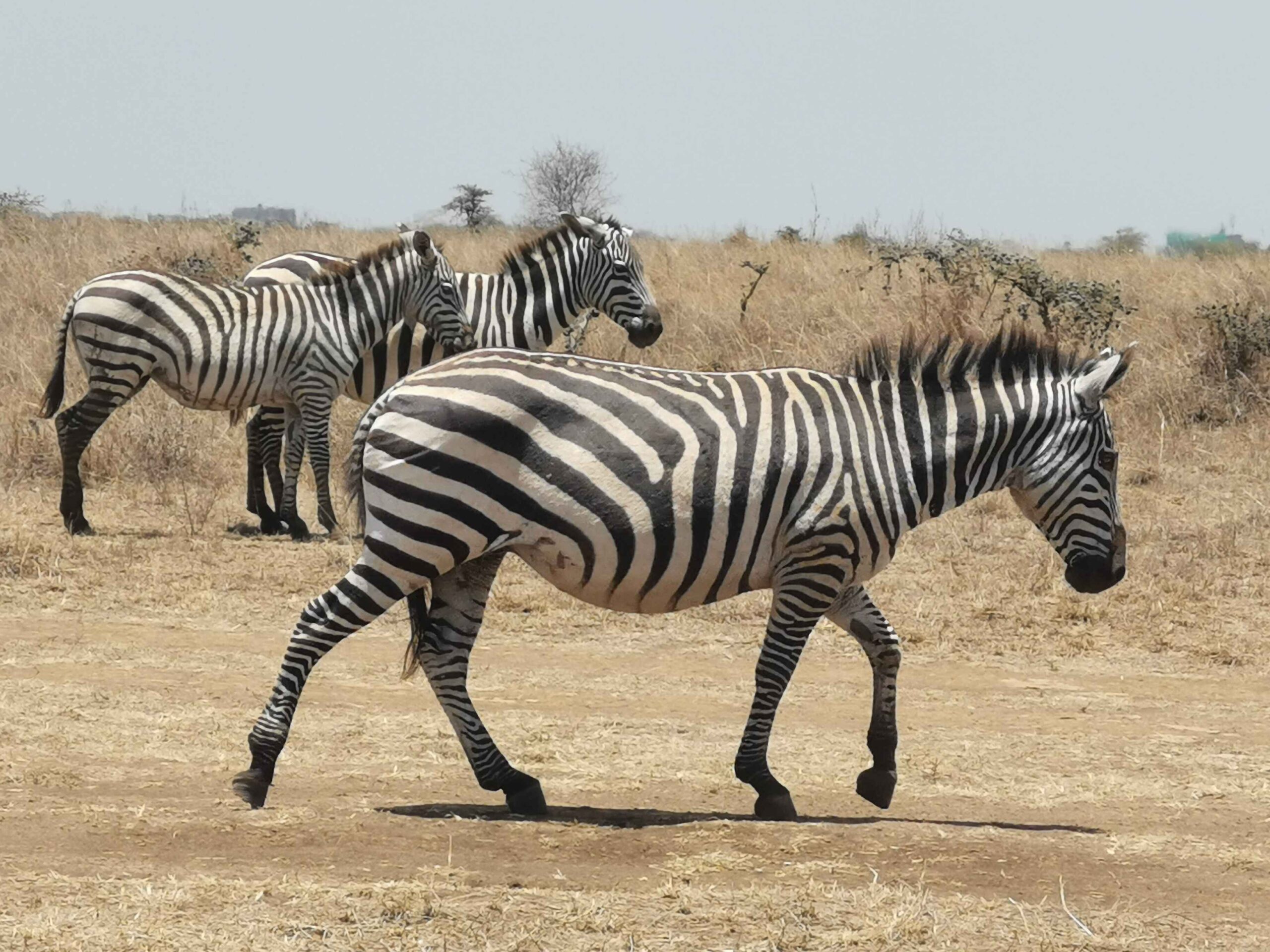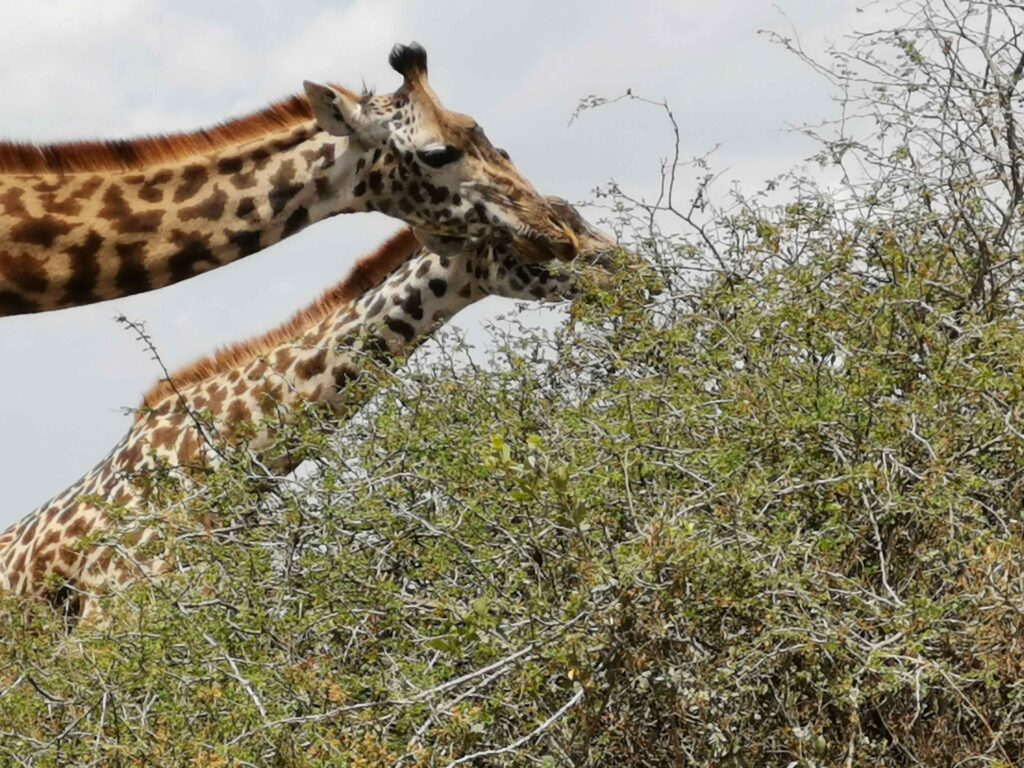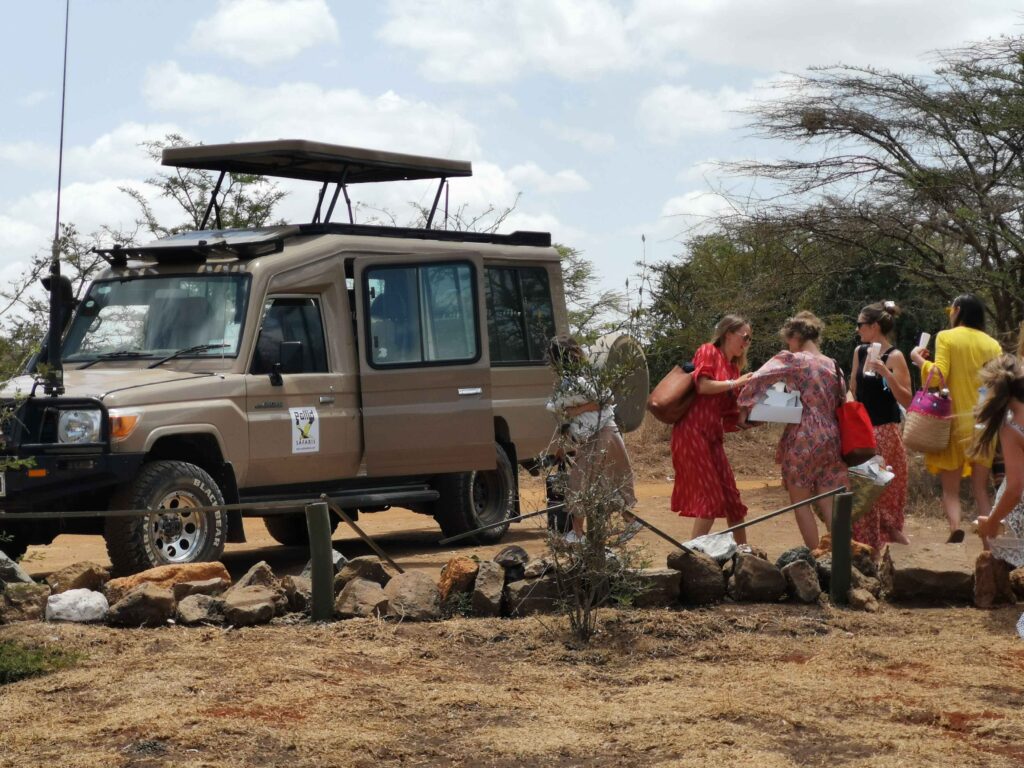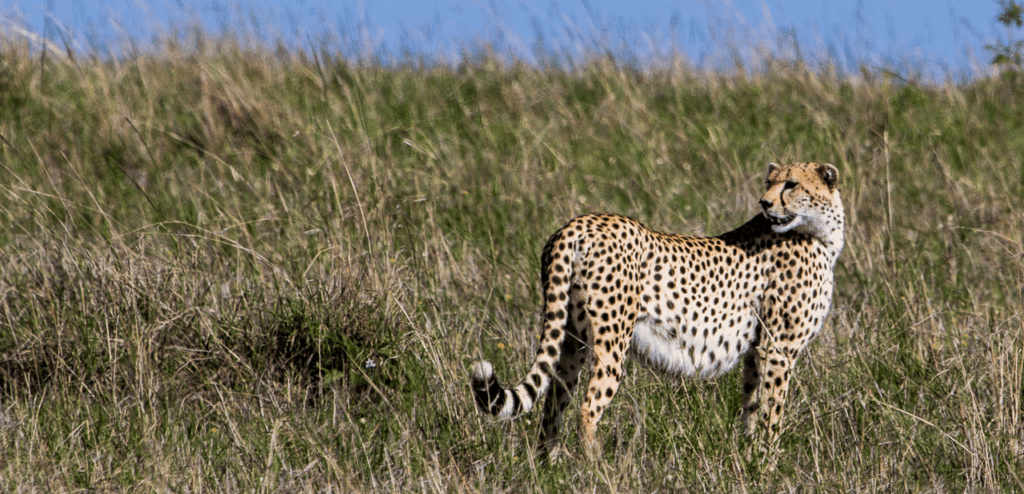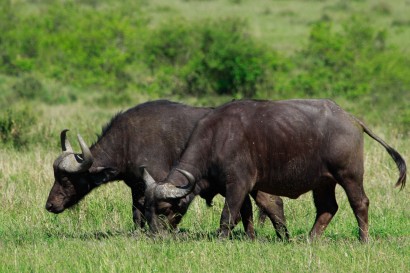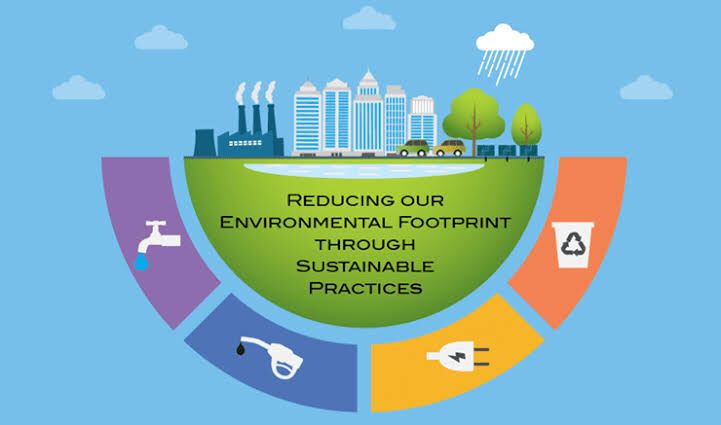
Kenya, known for its rich wildlife and beautiful landscapes, has taken significant strides in implementing sustainability practices within its tourism sector. The country recognizes the critical role that sustainable tourism plays in conservation and community development. Here are some key sustainability initiatives and practices in Kenya’s tourism sector:
- Eco-Certification for Hotels and Lodges:
Kenya has established eco-certification programs to encourage tourism facilities to adopt environmentally friendly practices. The Eco-rating Scheme, managed by Ecotourism Kenya, grades accommodations based on their environmental responsibility, which includes energy saving, water conservation, and waste management practices.
- Community-Based Tourism Initiatives:
Many tourism enterprises support local communities by integrating cultural experiences into their offerings. This not only provides an authentic experience for tourists but also ensures that the economic benefits of tourism are distributed among local communities. Examples include the Il Ngwesi Lodge in Laikipia, owned and run by the Maasai community. - Wildlife Conservation Efforts:
Kenya’s conservation strategy often involves partnerships between government, private stakeholders, and non-profits. The Kenya Wildlife Service (KWS) works closely with these groups to protect wildlife habitats and fight poaching. Notable initiatives include the conservation of elephants in the Amboseli National Park and the protection of the unique ecosystems in the Maasai Mara. - Single-Use Plastic Ban:
In efforts to reduce pollution, Kenya has enforced a strict ban on single-use plastics in protected areas, including national parks, beaches, forests, and conservation areas. This move aims to mitigate environmental damage and promote sustainability within the tourism industry. - Promotion of Sustainable Safaris :
Many tour operators promote safaris that are designed to be environmentally sustainable. This includes the use of solar power, participation in tree planting, water conservation efforts, and educating tourists on the importance of conservation. - Training and Capacity Building:
Several programs focus on training the local workforce in sustainable practices, ensuring that the benefits of tourism do not come at the expense of the environment. This includes training on sustainable farming techniques near tourist sites, wildlife management, and the promotion of renewable energy sources. - Green Transport Initiatives:
Efforts are also being made to introduce eco-friendly transport options within the tourism sector, such as electric safari vehicles and promoting non-motorized transport like walking safaris and cycling tours.
Through these initiatives, Kenya aims to position itself as a leader in sustainable tourism, ensuring that it preserves its natural treasures for future generations while also benefiting local communities. This approach not only enhances the visitor experience but also aligns with global environmental goals and responsible travel trends.
For Bookings:
Karen village, off Ngong Road
+254720446720 / +254797859354
info@pallidsafaris.com
www.pallidsafaris.com





